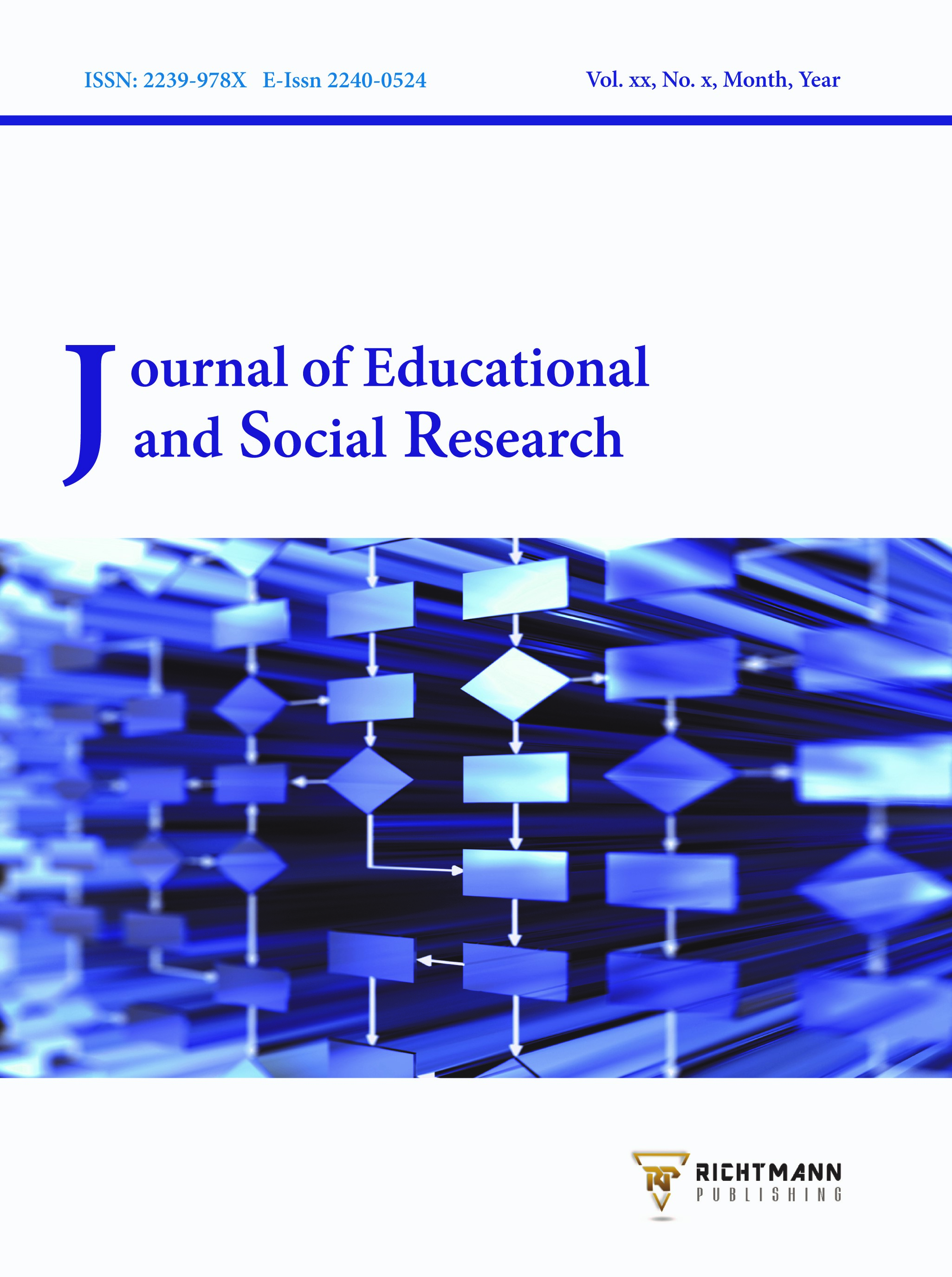Impact of Principals’ Leadership Styles on Teachers' Job Satisfaction and Motivation in Elementary Schools
DOI:
https://doi.org/10.36941/jesr-2023-0101Keywords:
job satisfaction, headmaster-teacher relationships, headmaster’s behavior, leadership style, motivationAbstract
This research paper intends to elucidate and ascertain prevailing leadership styles that principals of elementary education employ, along with their influence on the overall degree of motivation and teachers' job satisfaction. Quantitative method has been used in order to describe the relationship among the leadership style, motivation and job satisfaction. This study has been conducted with 700 elementary-school teachers respectively in the districts of Tirana, Durrës and Elbasan in Albania. In the findings of this study, the passive leadership style and the active leadership style dominate in the same values in the teachers’ perception as the most widely used styles of their headmasters/principals in the basic education. From the regression analysis, it turned out that the active and passive styles are statistically valid predictors of satisfaction and motivation of teachers at work. There is a positive moderate relation between the active style (transformational/ contingent reward) and job satisfaction. The findings of this paper will facilitate additional studies that must be conducted in the quest for broadening the leader's responsibilities and approaches to enhance working conditions, cultivate greater teacher motivation, and foster satisfaction within the environment they operate.
Received: 12 April 2023 / Accepted: 11 June 2023 / Published: 5 July 2023
Downloads
Downloads
Published
Issue
Section
License

This work is licensed under a Creative Commons Attribution-NonCommercial 4.0 International License.
This work is licensed under a Creative Commons Attribution-NonCommercial 4.0 International License.









